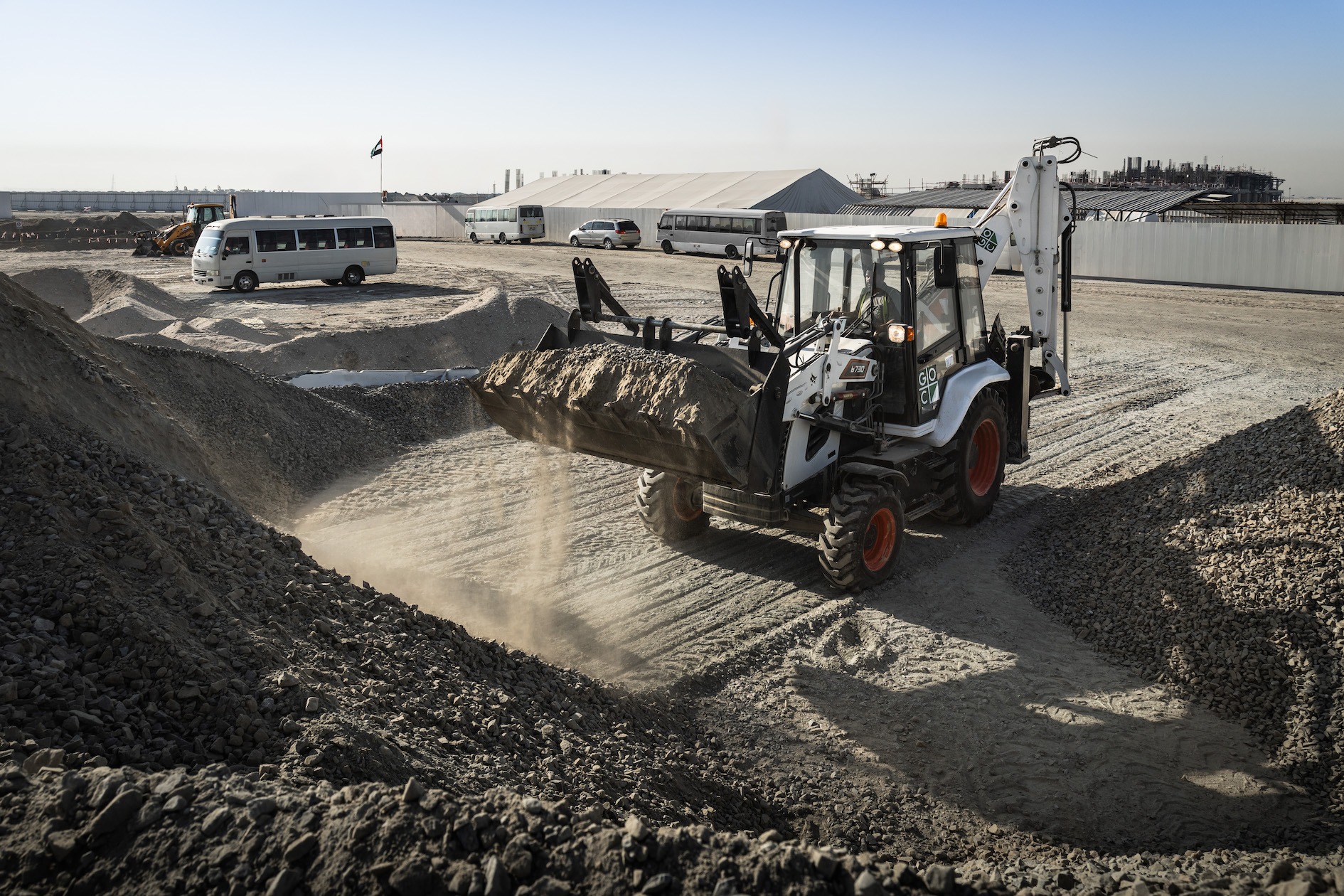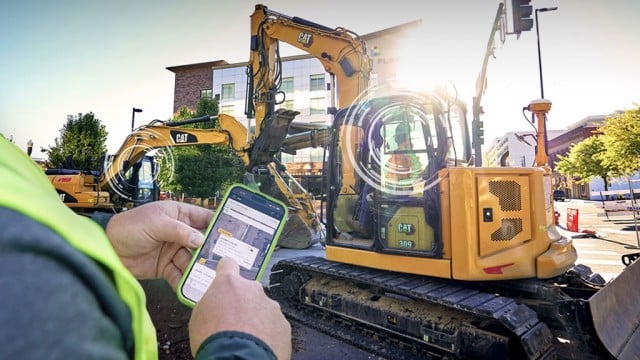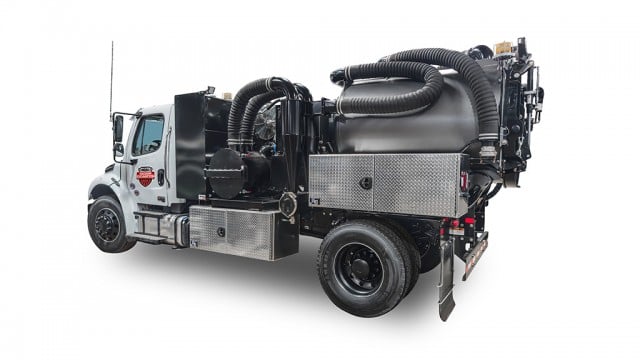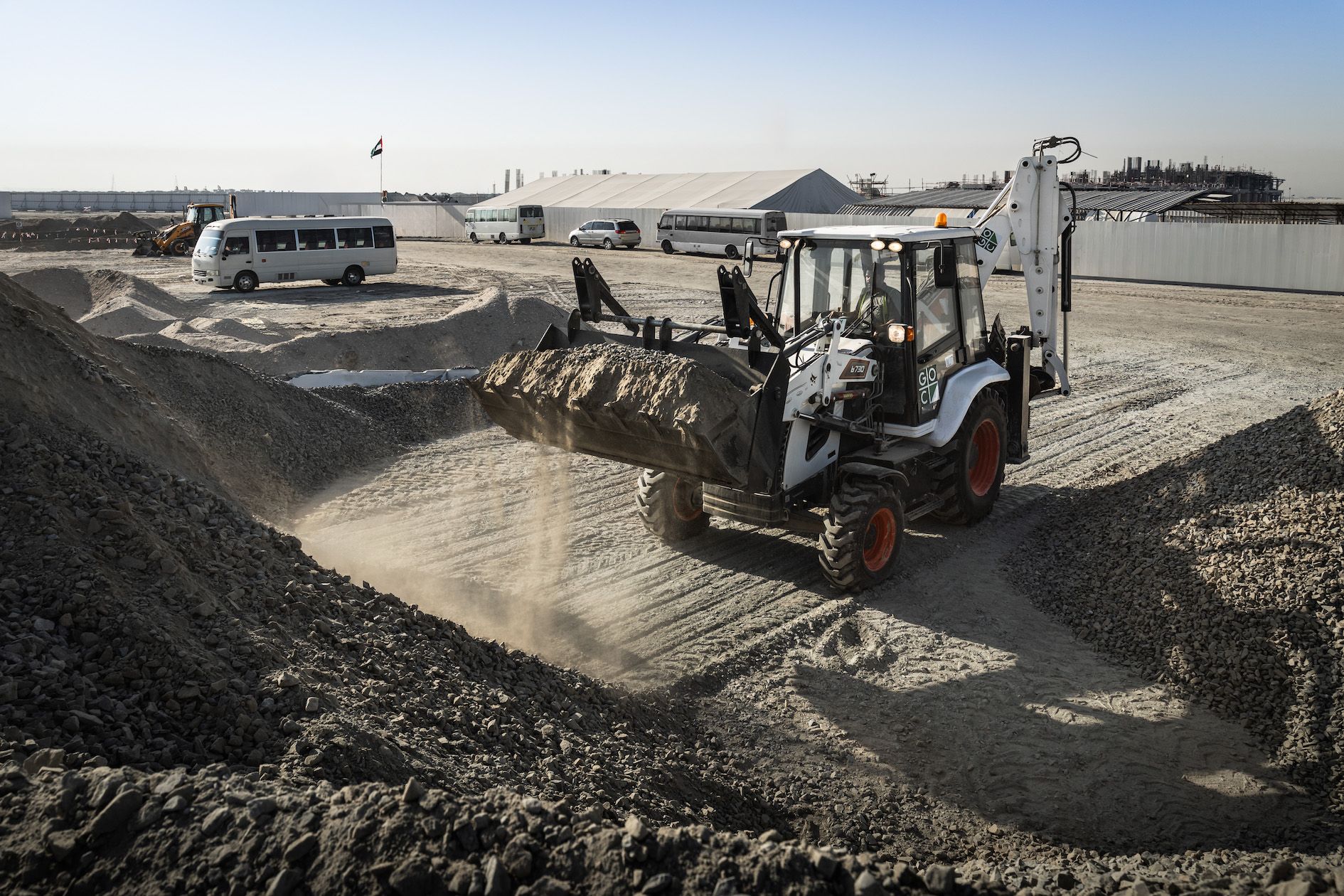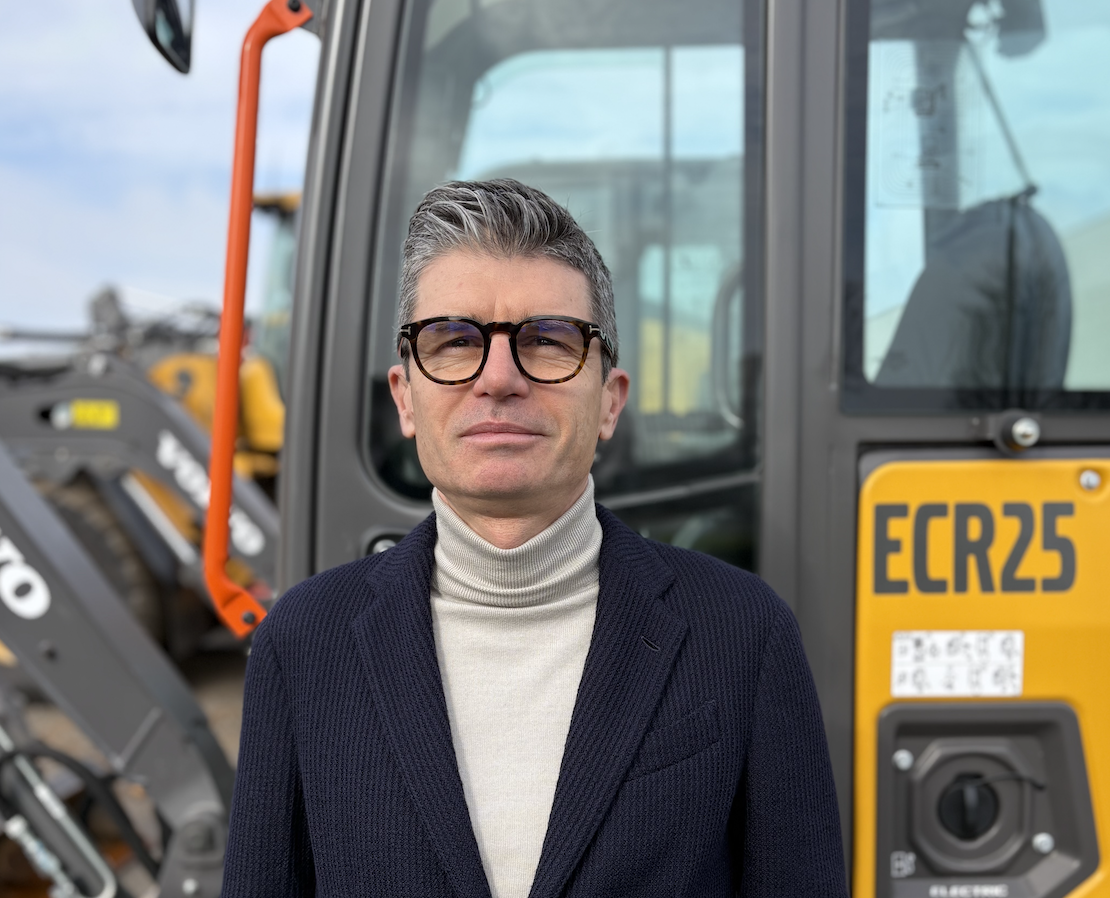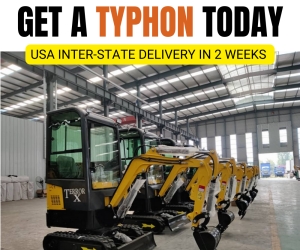Bobcat Plans Merger with Doosan Robotics to Advance Autonomous Machines
The goal of the corporate restructure is to capitalize on the growth potential of the “autonomous/automation megatrend,” Doosan...

Bobcat is on the way toward increased development of automation with a restructuring of its parent company that would merge the equipment manufacturer with Doosan Robotics.
The goal, the company says, is to realize the “sizable future growth opportunity” of the robot industry and the “autonomous/automation megatrend.”
“Doosan Bobcat, which has achieved growth through consistent business expansion, will venture into robot industry of high growth potential, capturing new growth … and accelerating technological innovation in legacy products,” according to parent company Doosan Group.
Doosan Bobcat shareholders received a letter July 11 informing them that the company would be subject to a spinoff from Doosan Enerbility, which focuses on clean energy. Doosan Robotics will obtain Bobcat’s shares in a stock swap to form the new merged company. If approved by shareholders September 25, Bobcat would become a fully owned subsidiary of Doosan Robotics by the end of the year.
The Doosan Group, based in South Korea, is being restructured under three pillars. Bobcat will fall under the “Smart Machine” pillar, which includes a focus on autonomous construction and industrial vehicles. The new Doosan Robotics would represent about 42% of the conglomerate.
The other two pillars are “Clean Energy,” such as hydrogen, gas, nuclear and wind, which will be called Doosan Enerbility; and “Advanced Materials,” such as semiconductors, which will be called Doosan Tesna.
Doosan says the new Robotics company would be able to expand its presence in key markets such as North America and Europe by using Bobcat’s dealer network and financing capabilities. It will also use Bobcat plants to test and develop robotic products and services.
Bobcat has been a leading revenue source for the company and will provide increased financial resources for mergers and acquisitions in such areas as autonomous machines, machine vision and system integration, the company says.
The announced merger plan and stock swap, however, has opponents, according to The Korean Economic Daily.
Some shareholders and lawmakers fear the 1-for-0.63 stock swap is unfair to Bobcat shareholders, as Bobcat has been a big moneymaker for Doosan, while Doosan Robotics has been losing money. The ratio would give Doosan Robotics the higher value. The news outlet also reports that Doosan Bobcat investors have been dumping shares in reaction to the merger plan. That has led Korea's Financial Supervisory Service to suspend Doosan Robotics' prospectus, which effectively puts the merger on hold.
The merger and stock-swap announcement follows Bobcat’s groundbreaking for a 700,000-square-foot factory to manufacture compact track loaders and skid steers in Mexico. The $300 million future plant outside Monterrey will increase compact loader capacity by 20%, the company says.
Doosan Bobcat also recently announced it was buying back former sister company Mottrol, a South Korean-based hydraulic component manufacturer. Mottrol produces travel and swing motors, pumps, main control valves and other hydraulic components for construction equipment and has also been developing “E-Drive,” a technology for inverters and swing and travel devices that can electrically drive and control machines.
Doosan acquired Bobcat in 2007 from Ingersoll Rand, which at the time was the largest overseas acquisition by a Korean company. It ran into financial trouble, partly form the debt taken on with the Bobcat acquisition, and in 2021, sold off its main construction division, Doosan Infracore, to Hyundai. The former Doosan Infracore is now known as Develon.
Doosan Bobcat is ranked the 10th-largest equipment manufacturer in the world, according to the 2023 KHL Yellow Table. That’s up from 11th place in 2022.

 machineryasia
machineryasia 